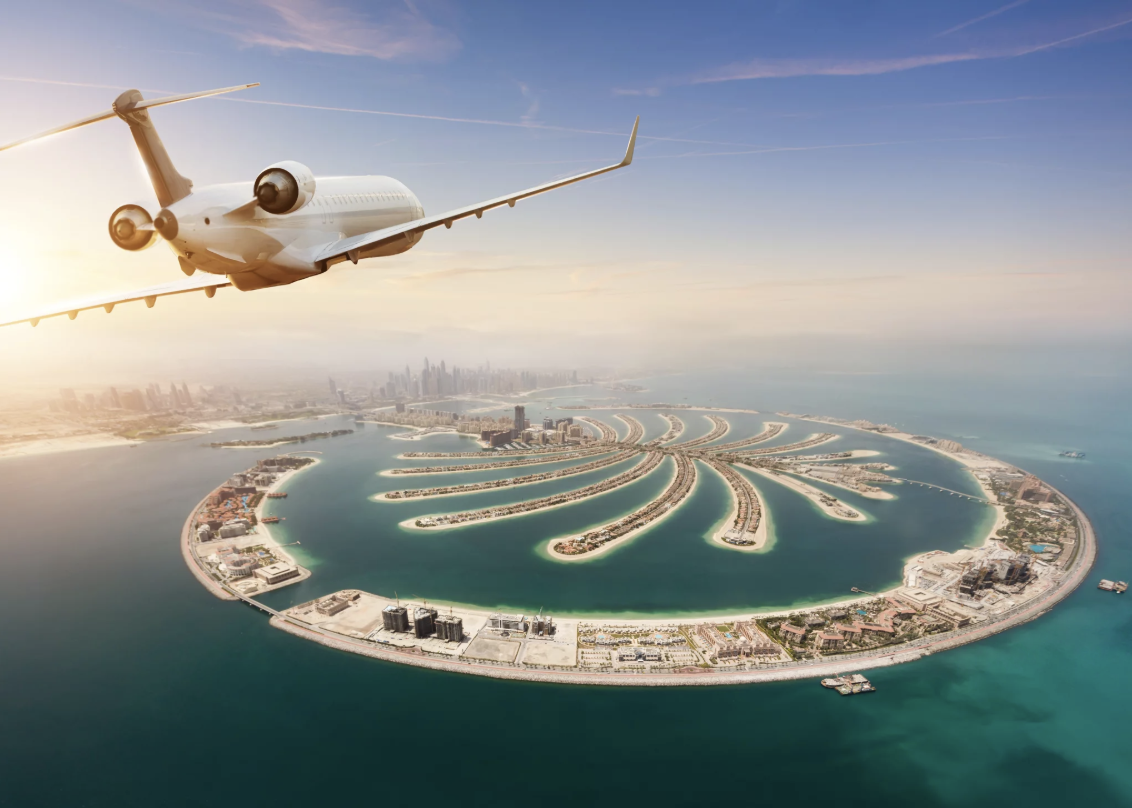Moving to Dubai: Your complete guide to visas, documents and settling in
Dubai has become one of the most desirable places in the world to live, work and invest. With tax-free income, world-class infrastructure, luxury living and its unique East-meets-West appeal, it’s no surprise that thousands of expats choose to call Dubai home each year. But while the promise of a fresh start is exciting, relocating can feel overwhelming if you’re not prepared.
This guide will walk you through every step of the process — from securing the right visa and preparing documents, to finding a home, setting up essentials and easing into your new life in Dubai.
Understanding your Dubai visa options
Before arriving, the first step is understanding which visa type applies to you. Most expats relocate under an employment visa, which is arranged and sponsored by a UAE-based employer. Other options include a family visa (if your spouse or parent is sponsoring you), an investor visa for entrepreneurs or property owners, or a long-term golden visa for professionals, scientists, creatives and high-net-worth individuals.
Each visa comes with its own requirements and timelines, so it’s important to speak with your sponsor or relocation consultant to confirm exactly what you need and how long it will take.
Preparing essential documents before you move
Dubai’s processes are smooth, but only if you have the right paperwork. You’ll need original, attested copies of:
– Your passport (valid for at least 6 months)
– Birth certificate
– Marriage certificate (if applicable)
– Educational certificates and professional qualifications
– Job offer or employment contract
– Police clearance certificate (optional, but useful for some employers or visa types)
If any of these documents are not in English or Arabic, they must be legally translated and attested by both your home country’s authorities and the UAE embassy. These documents will be used to process your visa, register for utilities, secure housing and register children at school.
Health insurance is mandatory
You cannot apply for a residence visa without valid health insurance. For most employees, this is arranged and paid for by your company. If you’re on a family or investor visa, or you’re self-employed, you’ll need to purchase a private policy before proceeding with any visa applications.
Dubai is known for its excellent healthcare system — both public and private — and most international insurers offer coverage. Choose a plan that includes access to hospitals near your home or workplace, and make sure it meets the minimum requirements under Dubai Health Authority (DHA) regulations.
Your first steps after landing
Once you arrive, your visa application will require two critical steps: a medical fitness test and your Emirates ID registration.
The medical test includes a blood test and chest X-ray and must be completed at an authorised government clinic. After that, you’ll register for an Emirates ID—the UAE’s official identification card, used for everything from banking to tenancy.
These steps usually take 5 to 10 working days, depending on appointment availability and how quickly your sponsor submits paperwork. Once your visa is stamped in your passport and you have your Emirates ID, you’re officially a UAE resident.
Setting up your phone and bank account
To function in Dubai, you’ll need a local SIM card and a bank account.
Popular telecom providers include Etisalat and du. You can purchase a prepaid SIM or apply for a monthly plan — just bring your passport, Emirates ID (or the application receipt), and visa.
Opening a bank account typically requires a salary certificate or your tenancy contract. Leading banks like Emirates NBD, ADCB, Mashreq Bank, and First Abu Dhabi Bank (FAB) cater to expats and offer mobile banking apps for easy account management.
Finding your first home in Dubai
Dubai’s residential options are diverse. From beachfront apartments and golf course villas to suburban gated communities, the city caters to all tastes. New arrivals often start with short-term rentals before signing a long-term tenancy agreement.
When you’re ready to sign a lease, you’ll need:
– Emirates ID (or copy of the application)
– Passport and visa copy
– Security deposit (usually 5% of annual rent)
– Post-dated rent cheques or a rent payment plan
Once the lease is signed, your landlord or agent will register your contract through Ejari — the government platform that formalises your tenancy. Ejari registration is required to activate utilities and prove your residence in Dubai.
Activating utilities and Wi-Fi
With Ejari in hand, you can register with Dubai Electricity and Water Authority (DEWA). This powers your home and typically requires a refundable deposit (AED 2,000 to AED 4,000 depending on unit size). The setup is usually completed within one working day.
Next, set up internet and TV. Etisalat and du offer bundled packages for Wi-Fi, TV and landline services. You’ll need your Emirates ID, Ejari number and a copy of your passport.
Schooling and childcare
Families moving to Dubai will find an excellent selection of schools offering UK, US, IB, French, German and Indian curricula. Top-rated institutions include Dubai College, Jumeirah English Speaking School (JESS), GEMS World Academy and many more.
School places can be competitive, especially mid-year, so apply early. You’ll usually need:
– Your child’s passport and visa
– Emirates ID
– Previous school reports and transfer certificate
– Vaccination and medical records
All schools are regulated by the Knowledge and Human Development Authority (KHDA), which provides inspections and parent feedback ratings.
Adjusting to life in Dubai
Dubai is modern, multicultural and incredibly safe. It’s home to over 200 nationalities, and English is widely spoken. Whether you’re a foodie, fitness enthusiast or family-focused, there’s a lifestyle here to match.
Most business hours run Sunday to Thursday, with weekends on Saturday and Sunday. Dress codes are modest in public areas but relaxed in private spaces. Alcohol is legal (with a license), and local customs are respected during holidays like Ramadan.
Expat life is enhanced by stunning beaches, endless brunches, desert camping, world-class malls, and global networking opportunities.
To understand Dubai’s incredible rise as a global city, read more on Wikipedia.
Final thoughts: Settling into your new chapter
Moving to Dubai is more than a relocation — it’s a lifestyle upgrade. From high salaries and luxury living to year-round sunshine and unrivalled safety, the city offers something for everyone. But preparation is key.
By getting your paperwork sorted, choosing the right visa, and lining up housing, healthcare and schooling early, you can land in Dubai ready to thrive.
Welcome to your new life — one that starts with confidence, clarity and a sense of belonging in one of the most dynamic cities on earth.

